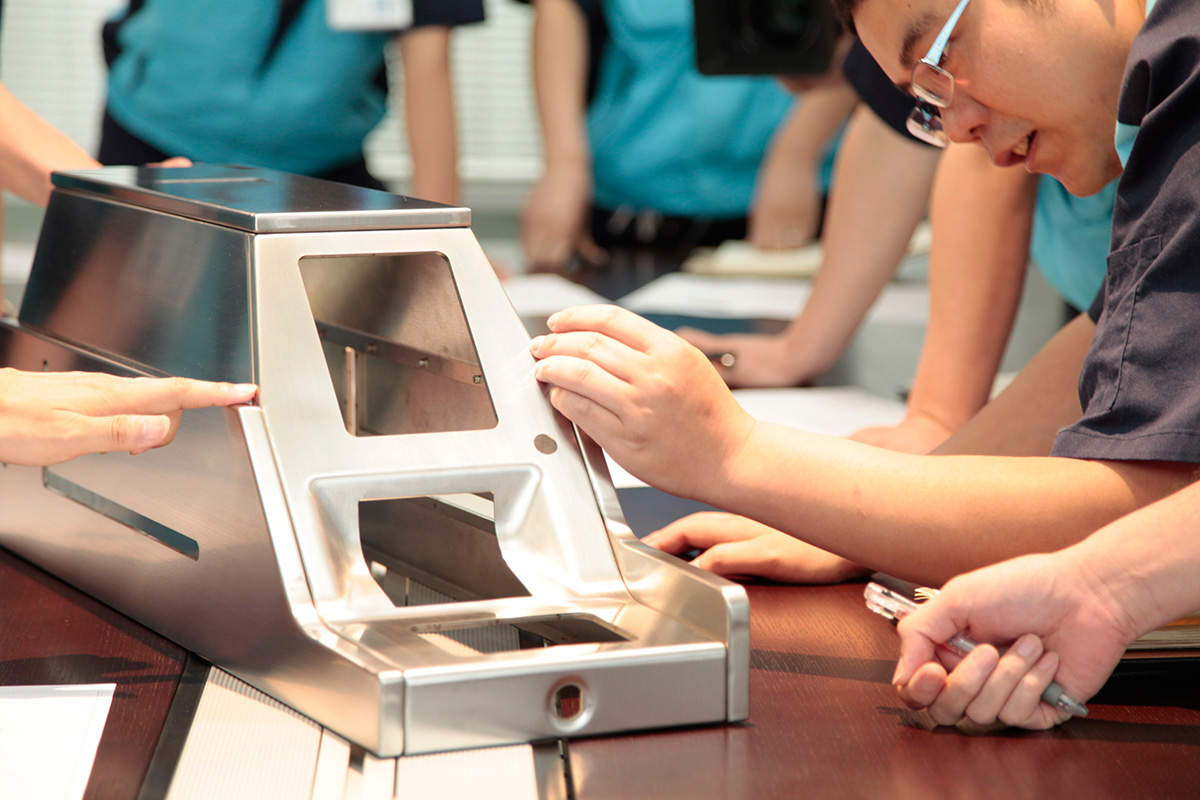

A journey of innovation, collaboration, and manufacturing excellence.

“By opening ourselves up to collaborations and embracing foreign firms as rivals rather than enemies, we can achieve mutual growth and unlock endless possibilities in the global market.”
Atsuo Otsuji, President, Sohbi Kogei Co., Ltd.
Established in 1958, Sohbi Kogei’s high-precision mold and die manufacturing technology supports the creation of high-quality automobile parts. The Japanese firm also designs and manufactures metal components for electronic equipment, OA equipment and automobile body parts and in-vehicle equipment.
While international expansion has become a focus point for many Japanese SME manufacturers in recent years, pioneering Sohbi Kogei made its first moves abroad back in 1988 when it established operations in Thailand, followed by China in 1993, Thailand again in 1995, The Philippines in 1999, and then China again as well as Poland in 2006. “In the span of around 18 years, we were able to establish six factories in overseas locations,” recalls president Atsuo Otsuji.
“It is hard to imagine a company like ours achieving this level of overseas expansion in those days. We had only around 200 employees in 1988. For a company of that size, we needed a lot of momentum to go out to overseas markets. Sohbi Kogei had a strong will to survive in this industry and the only way to do so was to expand in overseas markets.”
Today Sohbi Kogei has several thousand employees worldwide and key to the company’s success both at home and abroad is the fact that it possesses several hundred machines as well as pieces of equipment, which has allowed it to build strong in-house production capability and a diverse client portfolio. “This is what I think is our company’s core competency and what sets us apart from our competitors,” states Mr. Otsuji.
Another key success factor highlighted by the president is the exchange of knowledge at a global scale within the group, with employees encouraged to be innovative, coming up with and sharing new ideas. “We are trying to promote the enhancement of technologies as a group, allowing the whole group to bring each other’s levels up by sharing information and experiences. I think that our growth is pretty much driven by small group activities where employees can compete with each other. This activity is called “ISOAP activity” in our group and it has a history of more than 20 years.”
Sohbi Kogei has also been pioneering when it comes to factory automation and robotics, with Mr. Otsuji overseeing the implementation of automated production lines in China from as early as 2006. “I believe that we were successful in this initiative, and it is the reason we have expanded this initiative to other locations.”
With the push towards carbon neutrality, building lighter and higher performing parts for the growing number of electric vehicles (EVs) on the roads is becoming increasingly more important. Producing molds and components for such parts is a major challenge for Sohbi Kogei moving forward.
“The world is now moving towards electrification and within the structure of these EVs, the motor is the most critical part and requires super-precision technology. Motors also require a case and that case also requires precision molding technology,” Mr. Otsuji explains. “This sector is the area we are targeting in particular at the moment as it requires the molding technology which we possess. We are trying to establish an automated production for this field with measuring machines installed so that we can gather data and enhance the accuracy of our production.”
0 COMMENTS